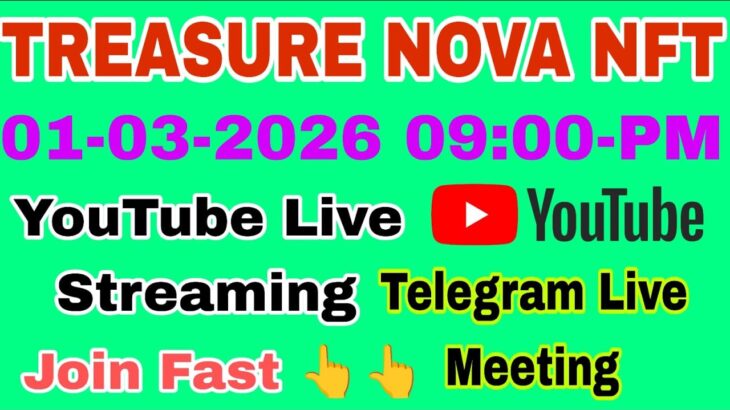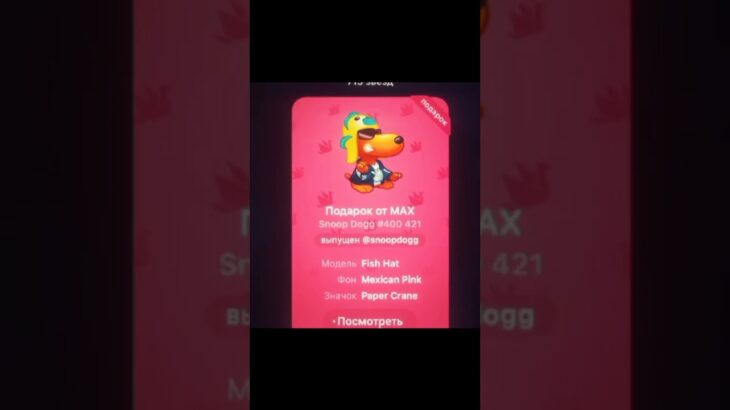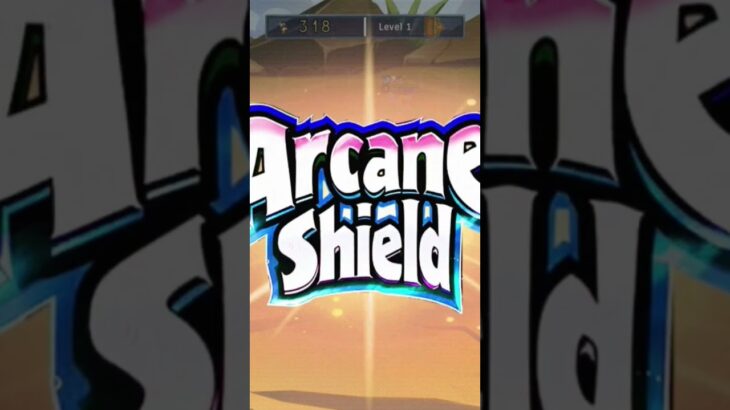Big thanks to our sponsors for this episode!
Index.dev
https://www.index.dev/hire?utm_medium=referral&utm_source=HQLA&utm_campaign=podcast
Newnique
https://www.newnique.com.au/contact
In our recent episode of HQLA, Nathan explores the world of unconventional marketing strategies and potential intellectual property disputes was presented. The episode centred on the evolving tactics deployed by companies like StockX, Nike, Range Rover, and Skittles, revealing a fresh take on the business world’s recent trends.
We open with an examination of the ongoing situation between StockX, a known marketplace for sneakers, streetwear, and consumer goods, and the multinational corporation, Nike. The crux of the controversy revolves around a perceived similarity between a project Nike was undertaking and one already in progress by StockX. The project in question is concerned with the globally renowned Air Force One sneakers, a long-standing iconic line by Nike.
As the segment unfolds, Nathan delves deeper into the evolving landscape of digital marketing and the concept of non-fungible tokens (NFTs). A partnership between Nike and RTFKT, a digital item creation company, led to the development of NFTs tied to physical Nike products. The discussion introduces the audience to the concept of “forging,” a process that transforms an NFT into a physical product. Nathan explains how forging involves the burning of an ERC1155 token and its subsequent replacement with an ERC721 token. This procedure offers a secure way for buyers to ascertain whether the item linked with the NFT has been claimed or not.
Each Air Force One sneaker carries an NFC (near-field communication) chip. This chip links the physical item to the owner’s digital wallet, affirming their ownership. Interestingly, an NFT can be transferred between wallets, but the “first owner” verification tick is lost after the original owner transfers it. Nathan concludes this segment with the hypothesis that these similarities between StockX and Nike’s NFT-based projects might have ignited the dispute between the two firms.
The second half of the segment shifted gears towards highlighting two distinctive marketing campaigns undertaken by Range Rover and Skittles. The Range Rover campaign utilised a product that mimics spray paint but is easily removable. In an audacious move, they sprayed a brand-new Revere Knightsbridge Edition Range Rover and left it in a prominent location in London. What seemed like an act of vandalism due to a cheating scandal became a viral sensation, even attracting the attention of a UK TV show, “Cheaters.” To debunk this claim, the Range Rover team added the hashtag “Revere not revenge” on another vehicle, clearly indicating it was a marketing stunt.
Skittles, on the other hand, made waves by deviating from the norm of Super Bowl advertisements. In 2019, Skittles created a Broadway show titled “Skittles Commercial: The Broadway Musical,” a unique approach that not only generated a lot of buzz but was also named the number one funniest Super Bowl commercial by Forbes. This followed a 2017 campaign where Skittles created an ad that was shown only to a single fan, streaming his reaction on Facebook, which led to much discussion and debate.
This segment of HQLA offered a deep-dive into the unorthodox strategies these companies have deployed, indicating the ever-evolving nature of marketing in the contemporary business environment. With the landscape continuously shifting, there’s no telling what innovative and out-of-the-box strategies we might see next.
If you liked this, check out some more below:
https://podcasts.apple.com/au/podcast/hqla/id1549485107
https://www.tiktok.com/@itshqla
https://podcasts.google.com/feed/aHR0cHM6Ly9hbmNob3IuZm0vcy80NDVkMGViNC9wb2RjYXN0L3Jzcw
Tweets by itshqla
https://www.instagram.com/itshqla/






